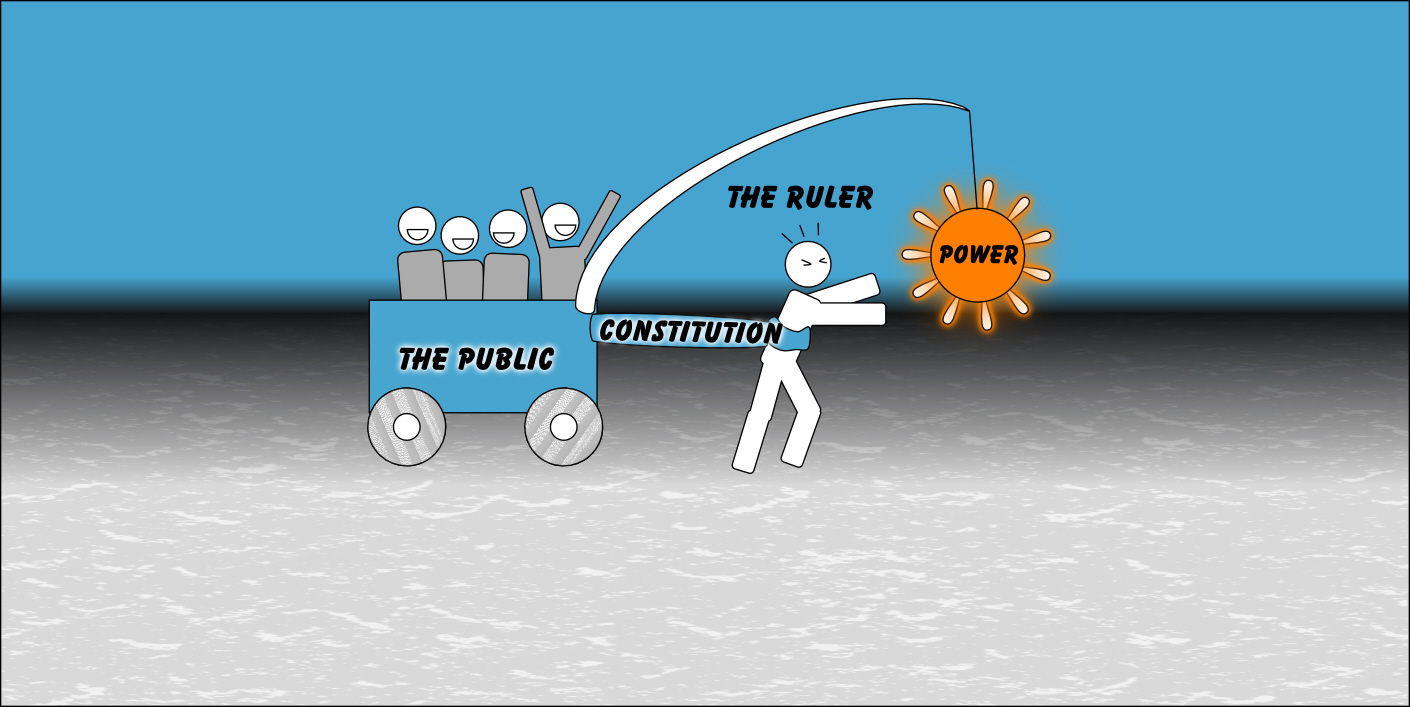
Improve Your Writing With Your Spiritual Gift
If you are a born again follower of Christ then you have been given a spiritual gift or gifts.…
October 3, 2015
If you are a born again follower of Christ then you have been given a spiritual gift or gifts.…
October 3, 2015
As a Christian writer I imagine you are like me and are driven with an overwhelming conviction and fire…
September 12, 2015
The people in your world need governance. I’m sorry. I wish I could make it untrue, but a believable…
September 5, 2015
Last month we looked at writing fictitious, sentient creatures within our own universe. In summary, God has a plan…
August 4, 2015
Devotions: Seeds to Grow Faith I still have a copy of the first sermon I ever preached. Imagine trying…
August 2, 2015
Navigating the publishing world can be a humbling experience. We write a piece that we think is going to…
July 5, 2015
If you have flown then I imagine you know the feeling. You sit down in your assigned seat and…
July 4, 2015
Do you want to write 30K-40K+ words in a weekend? Do you want to write faster? You can. Become…
July 1, 2015